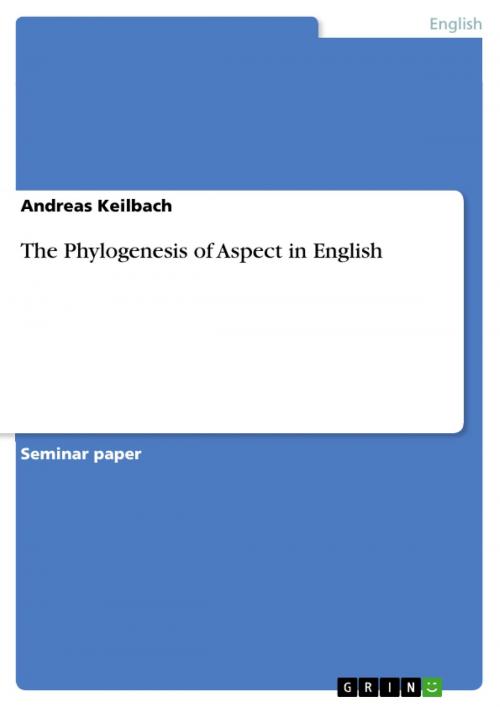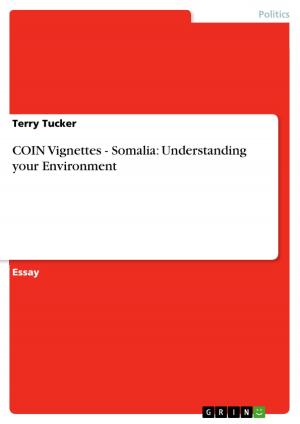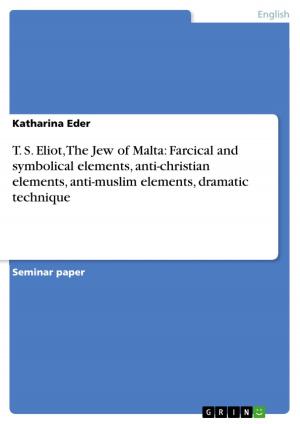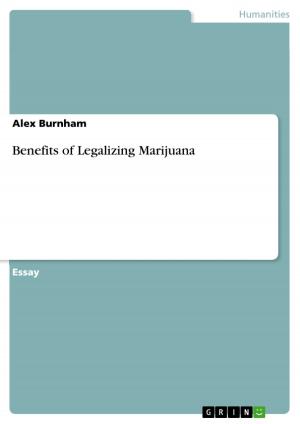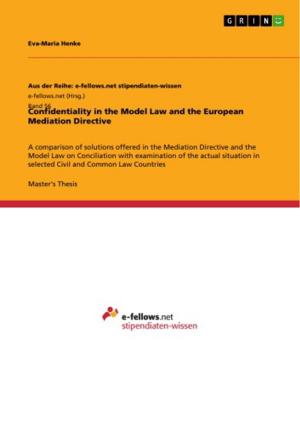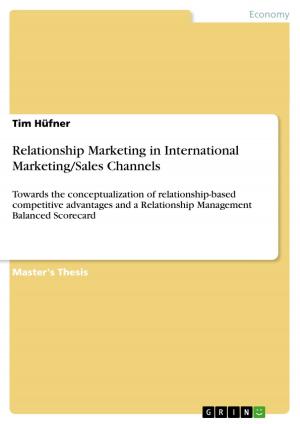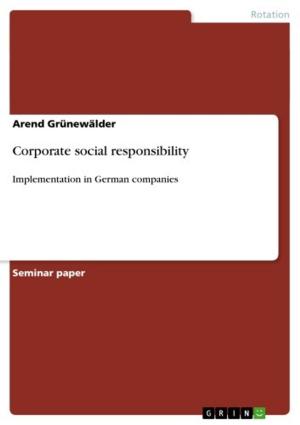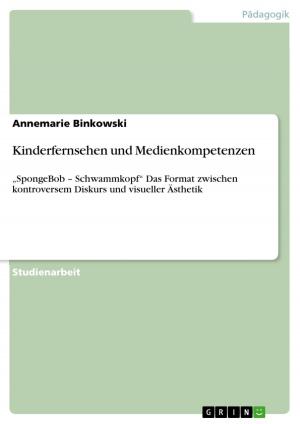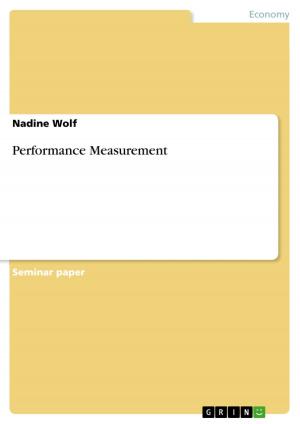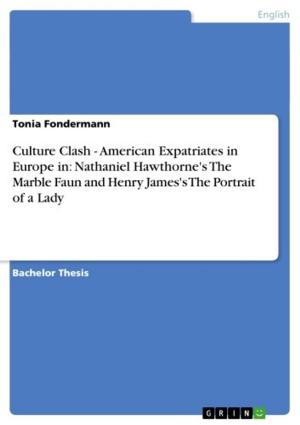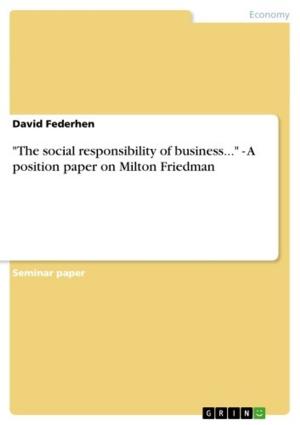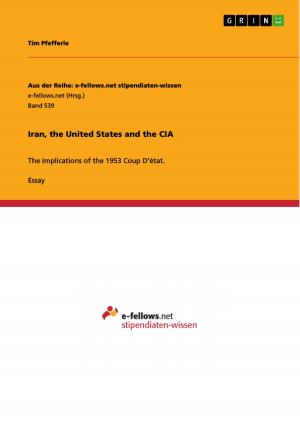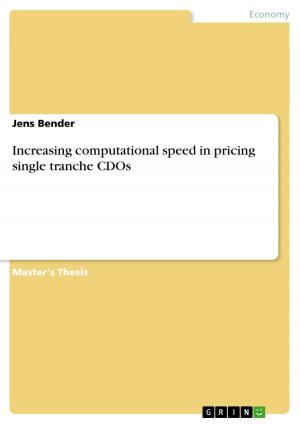| Author: | Andreas Keilbach | ISBN: | 9783640216901 |
| Publisher: | GRIN Publishing | Publication: | November 21, 2008 |
| Imprint: | GRIN Publishing | Language: | English |
| Author: | Andreas Keilbach |
| ISBN: | 9783640216901 |
| Publisher: | GRIN Publishing |
| Publication: | November 21, 2008 |
| Imprint: | GRIN Publishing |
| Language: | English |
Seminar paper from the year 2008 in the subject English Language and Literature Studies - Linguistics, grade: 1,0, University of Freiburg (Englisches Seminar), course: The Syntax and Semantics of the English Verb Phrase, 7 entries in the bibliography, language: English, abstract: Starting with a definition of 'aspect' and 'phylogenesis' in this term paper I will try to give an overview of the development of the grammatical category of 'aspect' throughout the history of the English language. According to Comrie, 'aspect' can be defined as follows: 'As the general definition of aspect, we may take the formulation that 'aspects are different ways of viewing the internal temporal constituency of a situation'.' In contrast to 'tense', which is a deictic category, 'aspect is not concerned with relating the time of the situation to any other time-point [...]?' WordNet, a lexical database for the English language, defines 'phylogenesis' as follows: 'Phylogenesis: ((biology) the sequence of events involved in the evolutionary development of a species or taxonomic group of organisms)' Therefore, in connection with linguistic purposes and 'aspect' the term 'phylogenesis', usually used in biological and evolutionary terminology, can be understood as the diachronic development of the grammatical category of aspect from Old English (OE) to Modern English (ModE).
Seminar paper from the year 2008 in the subject English Language and Literature Studies - Linguistics, grade: 1,0, University of Freiburg (Englisches Seminar), course: The Syntax and Semantics of the English Verb Phrase, 7 entries in the bibliography, language: English, abstract: Starting with a definition of 'aspect' and 'phylogenesis' in this term paper I will try to give an overview of the development of the grammatical category of 'aspect' throughout the history of the English language. According to Comrie, 'aspect' can be defined as follows: 'As the general definition of aspect, we may take the formulation that 'aspects are different ways of viewing the internal temporal constituency of a situation'.' In contrast to 'tense', which is a deictic category, 'aspect is not concerned with relating the time of the situation to any other time-point [...]?' WordNet, a lexical database for the English language, defines 'phylogenesis' as follows: 'Phylogenesis: ((biology) the sequence of events involved in the evolutionary development of a species or taxonomic group of organisms)' Therefore, in connection with linguistic purposes and 'aspect' the term 'phylogenesis', usually used in biological and evolutionary terminology, can be understood as the diachronic development of the grammatical category of aspect from Old English (OE) to Modern English (ModE).
